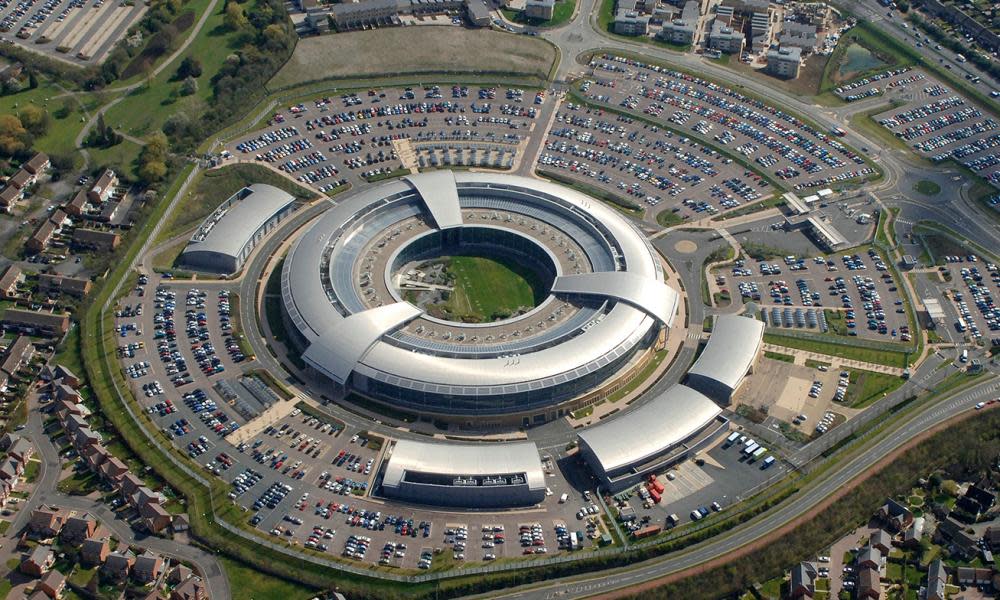British spies 'hacked into Belgian telecoms firm on ministers' orders'

British spies are likely to have hacked into Belgium’s biggest telecommunications operator for at least a two-year period on the instruction of UK ministers, a confidential report submitted by Belgian prosecutors is said to have concluded.
The finding would support an allegation made by the whistleblower Edward Snowden five years ago when he leaked 20 slides exposing the targets of hacking by the British intelligence service GCHQ.
According to unconfirmed reports in the Belgian media, the federal prosecutors’ report suggests the hackers closed their operation within a matter of minutes of being exposed in August 2013. It is believed the interception of Belgacom, now Proximus, had been ongoing since at least 2011.
The justice minister, Koen Geens, has confirmed he has received the report and that it will be discussed within the national security council, led by the prime minister, Charles Michel.

The British spies are said to have targeted the computers of Belgacom employees working in security and maintenance with faked LinkedIn messages. There was a particular focus on the Belgian company’s subsidiary unit, Belgacom International Carrier Services, which handles phone and data traffic in Africa and the Middle East.
It is reported that the espionage – given the the codename Operation Socialist – was also seeking to target communications made between roaming smartphones.
The interception would have provided access to communications at Nato headquarters in Brussels and at key European institutions including the European commission, European parliament, and the European Council.
The operation was the first documented example of an EU member state covertly hacking into the critical infrastructure of another.
The unpublished prosecutors’ report is said to indicate that the spying operation must have been authorised at the highest levels of the British government. In 2011 William Hague was Britain’s foreign secretary.
The report is said to conclude there is not enough evidence to prosecute any individual.
When approached by the Belgian daily newspaper De Tijd, a spokesman for the federal prosecutor declined to comment on the report. The spokesman told the newspaper that the situation was “too delicate right now”. GCHQ has also declined to comment.
The slides leaked five years ago by Snowden, a former contractor for the US National Security Agency, came from the Network Analysis Centre, a department of GCHQ.
Elio di Rupo, the Belgian prime minister at the time, promised to take “the appropriate steps” if the “high-level involvement” of a foreign country was confirmed.
The Belgian government, a major shareholder in Belgacom, has spent €50m on improving the company’s security in the wake of the hacking scandal.

 Yahoo News
Yahoo News 
